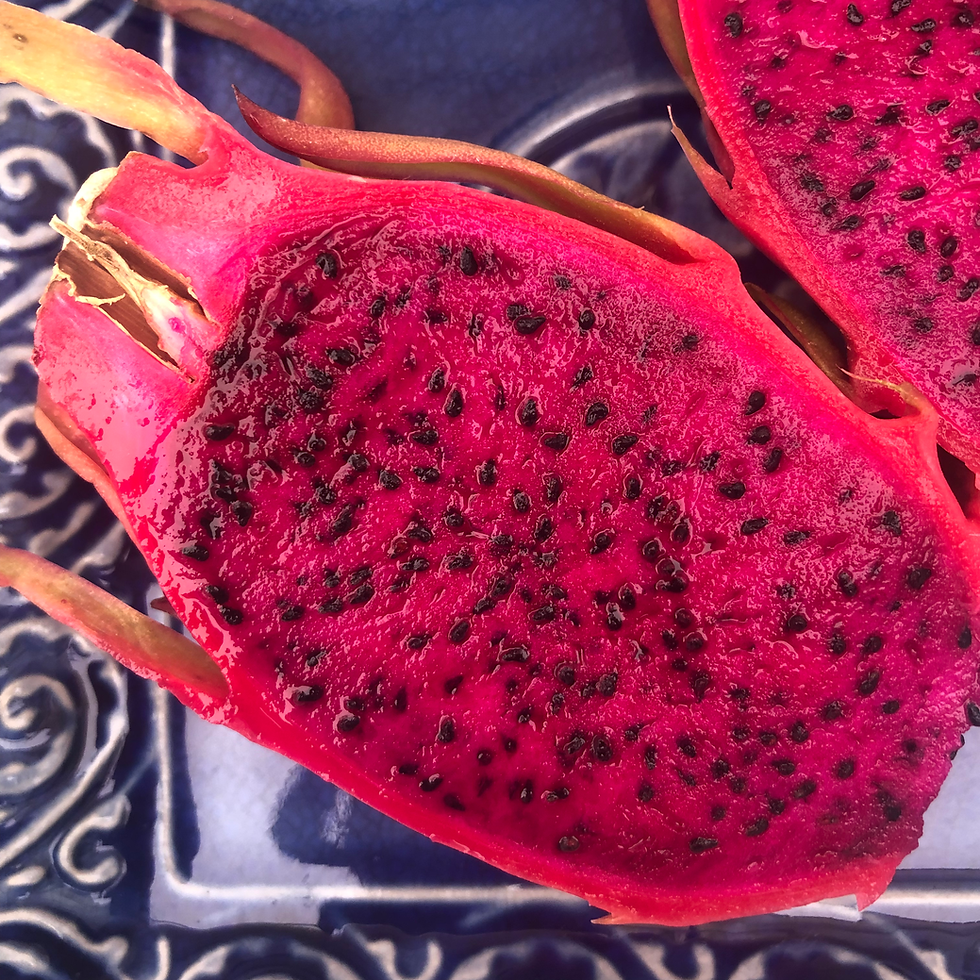A drop of science
- Demetrovics Orsolya

- Nov 21, 2023
- 3 min read
More and more exciting facts about eating disorders are emerging at the scientific level. ARFID is still in its infancy in this respect, but there are some interesting things we already know about it. What is always important to me in these studies is that children, adolescents or even adults who have eating disorders do not "choose" to have them, nor are they "spoiled" by their parents, but that biological, inherited traits, neurological peculiarities and, in the case of this study, hormonal differencies may be at work. As with any other disease, the more science knows about it, the more it becomes apparent that it is a complex, multi-factorial issue. And, not least, in the long term, there may even be a place for these findings in therapy.

In relation to ARFID, we often talk about the feeling of fullness, also as the feeling of fullness that occurs earlier, the feeling of fullness during/after a meal, and satiety between meals. The aim of the present study was to compare the levels of the hormone cholecystokinin (hereafter CCK), which promotes feelings of satiety, after intermittent fasting between ARFID and healthy subjects. Cholecystokinin is a digestive peptide hormone whose primary function is to promote the digestion of fats and proteins. It is also known for its appetite suppressing effects.
In the children and adolescents in the study, CCK levels in ARFID subjects were significantly higher than average, three times higher than in control subjects, after prolonged fasting. However, neither the person's BMI index, nor age, nor subjective hunger sensation, nor other characteristics of ARFID showed a significant association with CCK levels.
Elevated CCK levels may cause dysregulation of the cerebrointestinal tract in ARFID. Many such individuals report poor appetite and intestinal pain during and after eating, regardless of their body weight. Indeed, ARFID has a high overlap with so-called functional dyspepsia and postprandial syndrome. Functional dyspepsia is a digestive disorder without a detectable organic cause, and is accompanied by discomfort and pain in the stomach area. Postprandial syndrome is a condition in which a person experiences unpleasant sympathetic neurological symptoms (chills, tremors, palpitations, sweating, anxiety) after eating without measurable changes in blood sugar levels. In addition, the main symptoms of the latter include an early feeling of satiety, a marked feeling of fullness, and a feeling of being full after finishing eating. No higher CCK levels were found in people diagnosed with anorexia nervosa, but higher CCK levels at the start of treatment were associated with greater feelings of fullness, pain and a tendency to constipation during refeeding.
It is conceivable that the avoidance/restriction eating pattern "deconditions" the post-meal satiety signal associated with an increase in CCK levels, and therefore disrupts the regulation of hormone secretion and its detectable levels in the bloodstream during the inter-meal period. Thus, in ARFID, instead of stimuli to reduce food intake (e.g. satiety), it will rely on ARFID-determining stimuli such as sensory characteristics of the food or fear of negative consequences of eating.
An important point is that subjective identification of appetite is more difficult for individuals with ARFID, which may be related to the lower awareness of their symptoms in children and adolescents, and, as is typical of other eating disorders, their interoceptive awareness is lower than average. Given that they have had difficulties with eating for most of their lives, it may be challenging for them to grasp appetite/ hunger without having experienced its "normal" cues in the past.
Further longitudinal studies are needed to see whether higher CCK levels are responsible for the development, onset and/or possibly maintenance of avoidance/restriction diet, and to explore how treatment affects changes in CCK levels in the longer term.
Source:





Comments